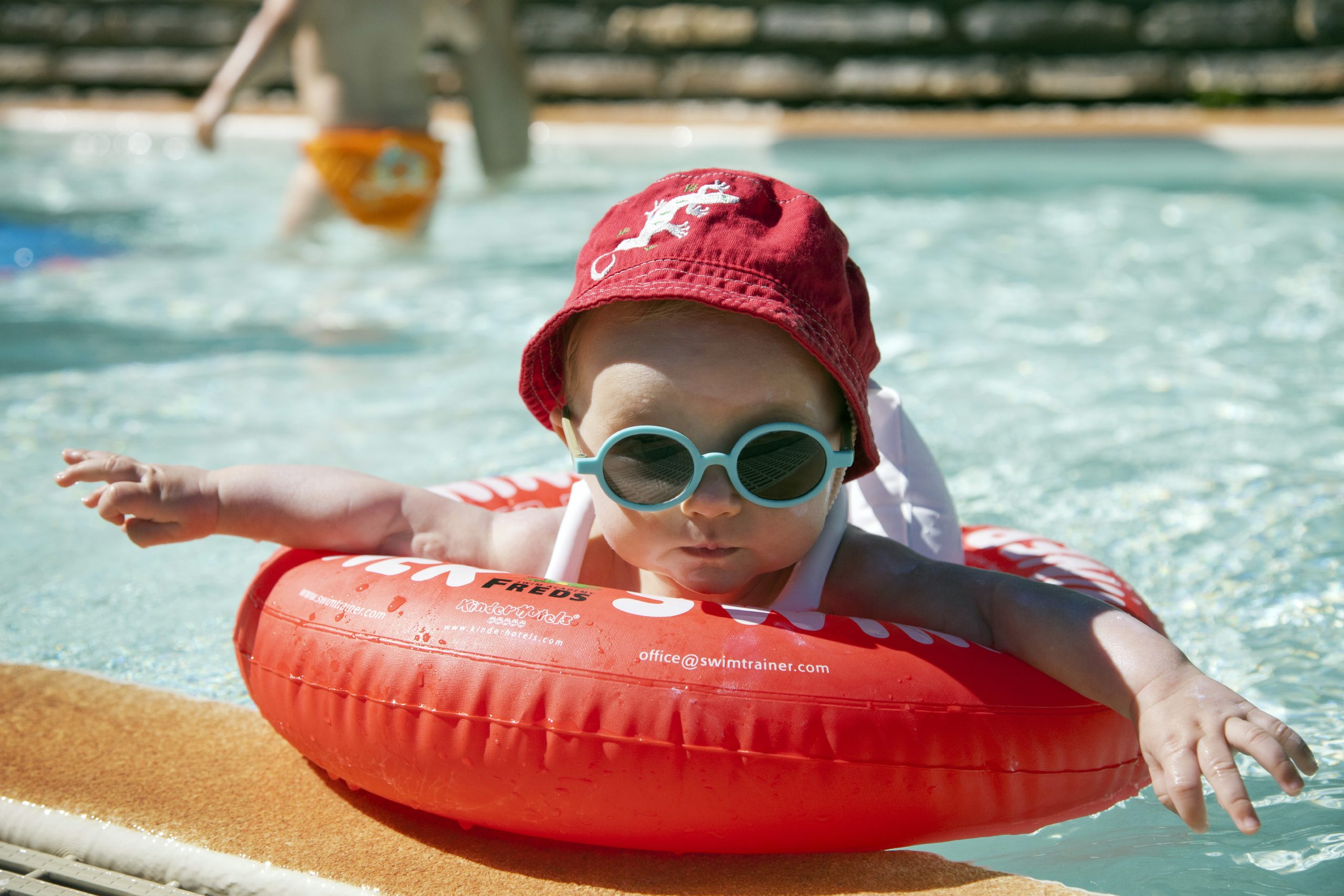Whatever you do this summer, don’t drink the pool water.
Outbreaks of the gastrointestinal parasite cryptosporidium have been spurting upward since 2009, with the number of outbreaks gushing up an average of 13% each year, according to researchers at the Centers for Disease Control and Prevention. The germ spreads via the fecal-oral route and causes explosive, watery diarrhea that can last for up to three weeks. Most victims pick up the infection from recreational waters, such as swimming pools and water parks.
The main trouble is that crypto is extremely tolerant of chlorine and can happily stay afloat in well-treated pools for more than seven days. Thus, sick swimmers are the main source of infection—often young children who have yet to master toilet skills and also have more of a tendency to gulp pool water. An infected person can shed 100 million parasite eggs in one bout of diarrhea. Knocking back just 10 or fewer eggs in contaminated pool water can lead to an infection.
A 2013 study released by the CDC found that 58% of tested pools were positive for bacteria typically present in fecal matter.
Though swimming pools are the leading source of infection, they’re not the only source. Contact with farm animals, outbreaks in childcare settings, and exposure to contaminated food (mostly unpasteurized milk and apple cider) were also significant sources of outbreaks.
In all, the CDC recorded 444 outbreaks, involving 7,465 cases, 287 hospitalizations, and one death from the parasite. The number of cases per outbreak ranged from two to 638. However, the CDC notes that the figures likely underestimate the number of outbreaks and cases given that not every state reliably reports outbreaks and many people don’t report their illnesses.
Still, from 2009 to 2016, recorded outbreaks gradually rose, from 20 nationwide in 2009 to over 80 in 2016. Much of the increase was due to the germ surfacing more in recreational waters. Though 2017 saw fewer water-linked outbreaks, officials are concerned that it is just a temporary blip and are issuing their warning before amid peak pool time—which is also peak crypto time.
CDC officials recommend that if you have diarrhea, you should avoid swimming and stay out of pools for two weeks after symptoms clear. Pools affected by crypto can flush the germ with hyperchlorinating shock treatments.


